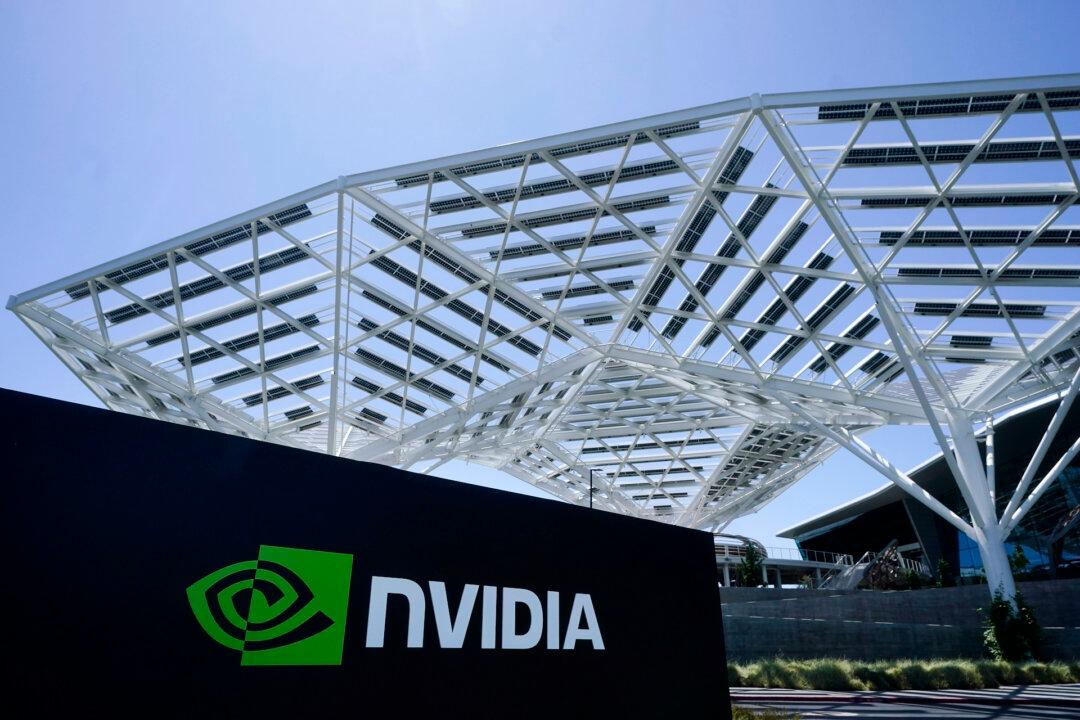Shares of chipmaker Nvidia surged 3 percent in after-hours trading on Feb. 26 after the tech juggernaut beat Wall Street expectations and issued strong guidance for the current quarter.
Nvidia revenues totaled $39.33 billion, higher than the market estimate of $38.05 billion. Earnings per share clocked in at $0.89, topping analysts’ forecasts of $0.84.





